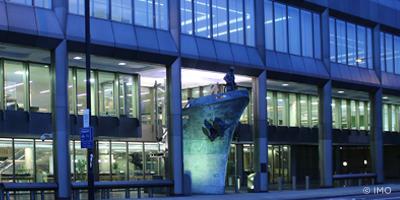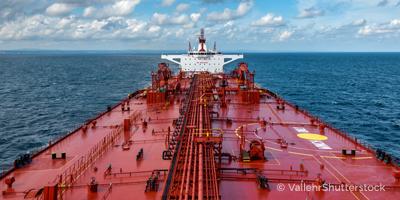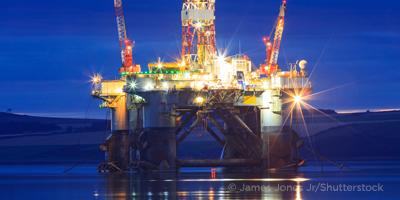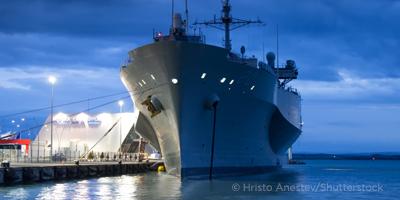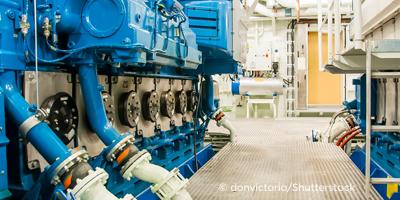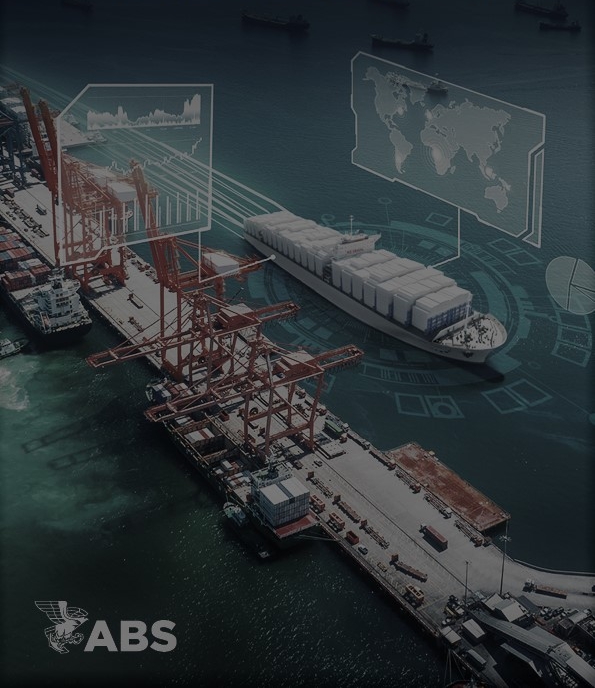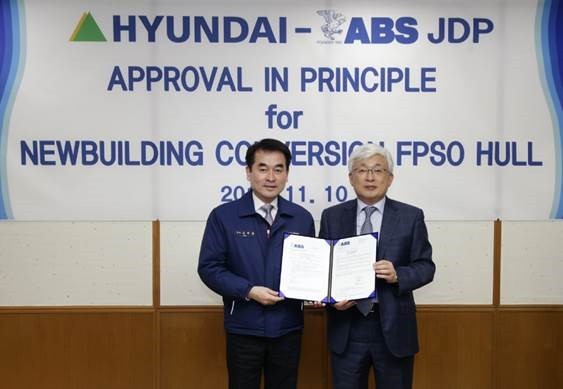(Houston) ABS, a leading provider of classification and technical services to the global offshore industry, granted Approval in Principle (AIP) to Hyundai Heavy Industries (HHI) floating production storage and offloading (FPSO) hull design.
“As the offshore industry strives to design more cost-effective production units, ABS remains committed to evaluating novel designs that meet our class standards,” says ABS Executive Vice President, Global Offshore Ken Richardson. “Awarding HHI this AIP is another example of ABS’s commitment to promoting safety in innovative concepts.”
“The Newbuilding Conversion FPSO hull design can be built for about half the cost as compared to a conventional FPSO hull,” says Jae-Eul Kim, HHI Senior Vice President, Shipbuilding Division. “In the current difficult energy market, the competitive Ready-to-Convert FPSO hull, with AIP from ABS, offers a practical approach to floating production units—enabling stakeholders to take confident financial investment decisions.”
ABS and HHI worked together with the objective of developing a technically feasible and class compliant FPSO hull design, using the latest technologies while maintaining high safety standards. The ABS AIP demonstrates the design substantially complies with Class and Regulatory requirements, giving regulatory agencies and other key stakeholders confidence in the design.
The design basis is storing 2 Mbbl of crude oil in the barge-shaped hull, applying mainly shipbuilding standards, and combining offshore production facility features, such as a 25-year lifetime without drydocking, and structural reinforcement for Topside structure installation.
ABS has been the preferred classification organization for the offshore and energy industry for more than 60 years. ABS applies its experience and knowledge to support members and clients involved in oil-related projects, including floating production units.
About ABS
ABS is a leading international classification organization devoted to promoting the security of life and property and preserving the natural environment through the development and verification of standards for the design, construction and operational maintenance of marine and offshore assets.




